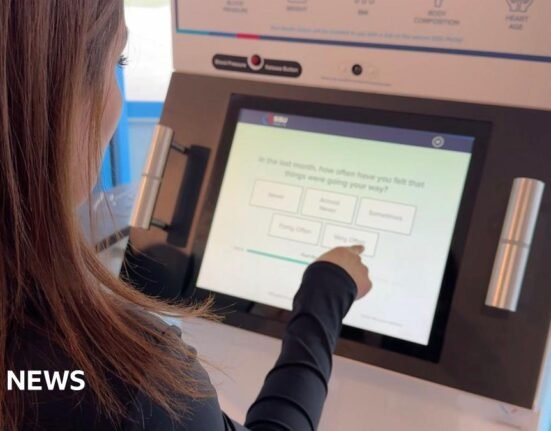Folks, I’m not making this up. The standoff comes down to just $21 on the annual bill for the average single-family home. The gap is $319 for a business property valued at $5 million.
A small disagreement on money — and a hefty dose of mutual antipathy — could scuttle a compromise on the property tax changes the mayor and business leaders have been at odds over since April.
What’s new: On Friday, the business, real estate, and public policy groups leading the opposition to the mayor’s plan released what they said was their best and final offer.
- The groups — the Greater Boston Chamber of Commerce, the Massachusetts Taxpayers Foundation, the Boston Municipal Research Bureau, and NAIOP Massachusetts, which represents commercial landlords — dropped their insistence that the city cut spending and tap its rainy day fund to enable smaller tax hikes on owners of offices and other commercial buildings.
- They proposed that the city boost commercial rates for the fiscal year that started in June to 181.5 percent of residential rates. That’s up from the state’s limit of 175 percent but lower than what Wu has been seeking. This so-called commercial shift would gradually return to 175 percent over the next three years.
- They said their offer would generate enough tax revenue to allow Wu to meet her “publicly stated goal” of limiting the average increase on homeowners’ tax bills to no more than 9 percent.
Later in the day, City Hall said it would file a revised home rule petition calling for a bigger shift of 182 percent and a smaller residential tax increase averaging 8.5 percent. Wu’s original bill died in the Senate at the end of last session.
What they’re saying: None of the business groups wanted to comment on the record.
- Privately, some leaders expressed frustration that Wu rejected their compromise bid even though they had backed off what they saw as her biggest objection: the demand for spending cuts.
In an interview on Sunday, Wu called the business community “an incredibly important constituency” but said she would press ahead to win the Legislature’s approval of her revised home rule petition. She said her aim has been to keep this year’s residential tax increase as close as possible to last year’s increase of 7.9 percent.
But — and this is a big “but” — Senate President Karen Spilka on Sunday nudged the mayor to strike a deal before seeking her chamber’s blessing.
- The Senate president “hopes productive conversations continue to reach consensus, as it will be difficult to get a final bill through the Senate without the full support of the business community,” a Spilka spokesperson said in a statement.
House Speaker Ron Mariano — whose members approved Wu’s original bill after getting assurances she would make some changes through executive order — hasn’t said publicly what he thinks of the proposals.
Why it matters: Without the Legislature’s approval of rate changes, the city will send out tax bills in December with an average 13.9 percent increase on single-family homes.
Moreover, getting a green light from lawmakers would give Wu time to work on ways to insulate the city’s finances from the longer-term threat posed by a deteriorating commercial real estate sector, whose property taxes generate about 40 percent of Boston’s revenues.
- “The city needs to adjust, not for this year, but for its new economic reality where offices will maybe never be as valuable as they were, and therefore the ability to tax them is going to be limited indefinitely moving forward,” Evan Horowitz, executive director at the Center for State Policy Analysis at Tufts University, told city councilors at a hearing last week.
Final thought: This fight is a distraction from the real task at hand: girding the city against the possibility that commercial real estate won’t be able to support spending that has risen 20 percent over the past three years.
- Success will require the city to restrain spending growth and the state to allow it to expand its revenue sources.
There’s a lot of distrust on both sides of this fight. But they are not far apart.
It would be ridiculous to let a difference of $21 get in the way of a deal.
Larry Edelman can be reached at larry.edelman@globe.com.







